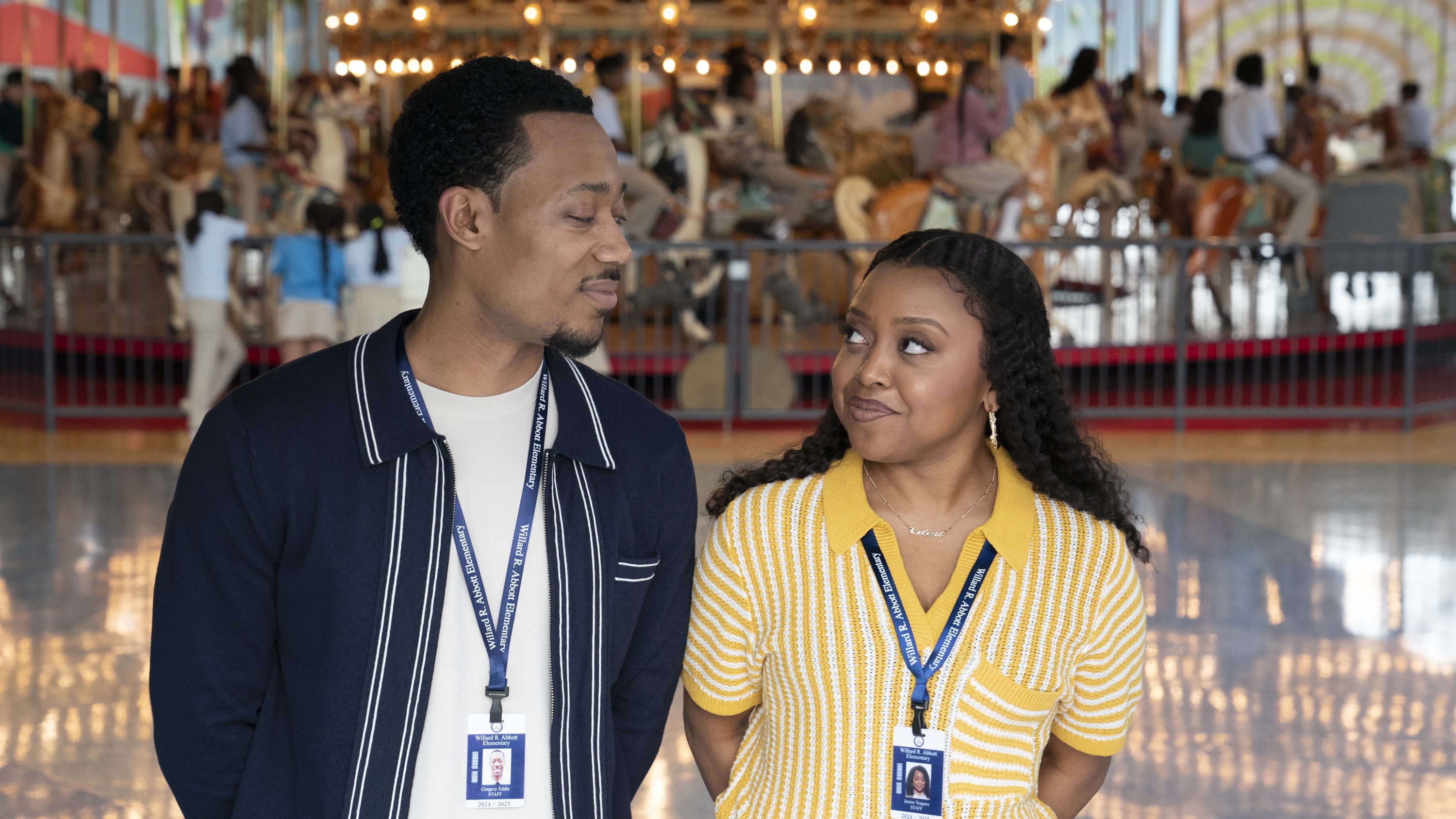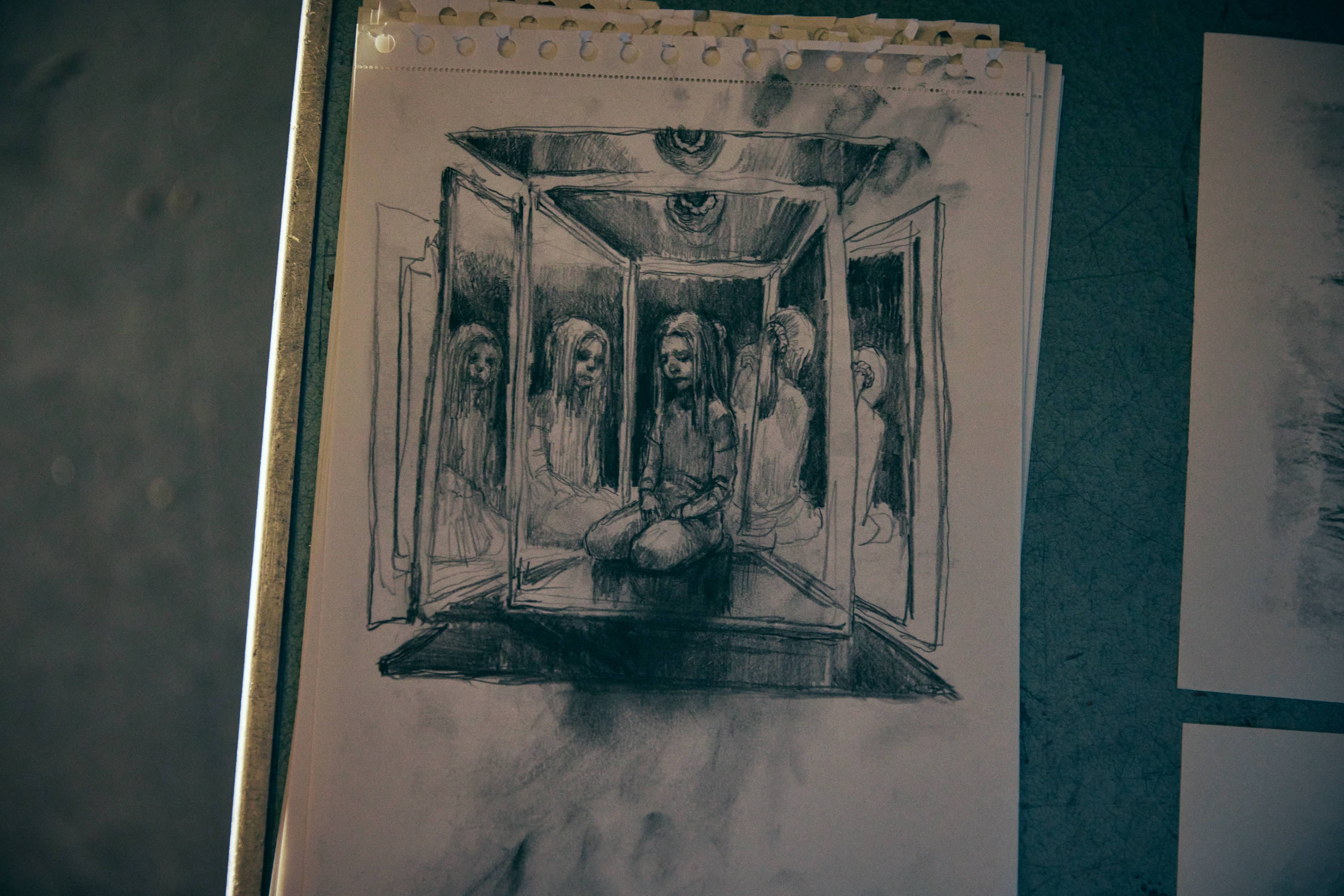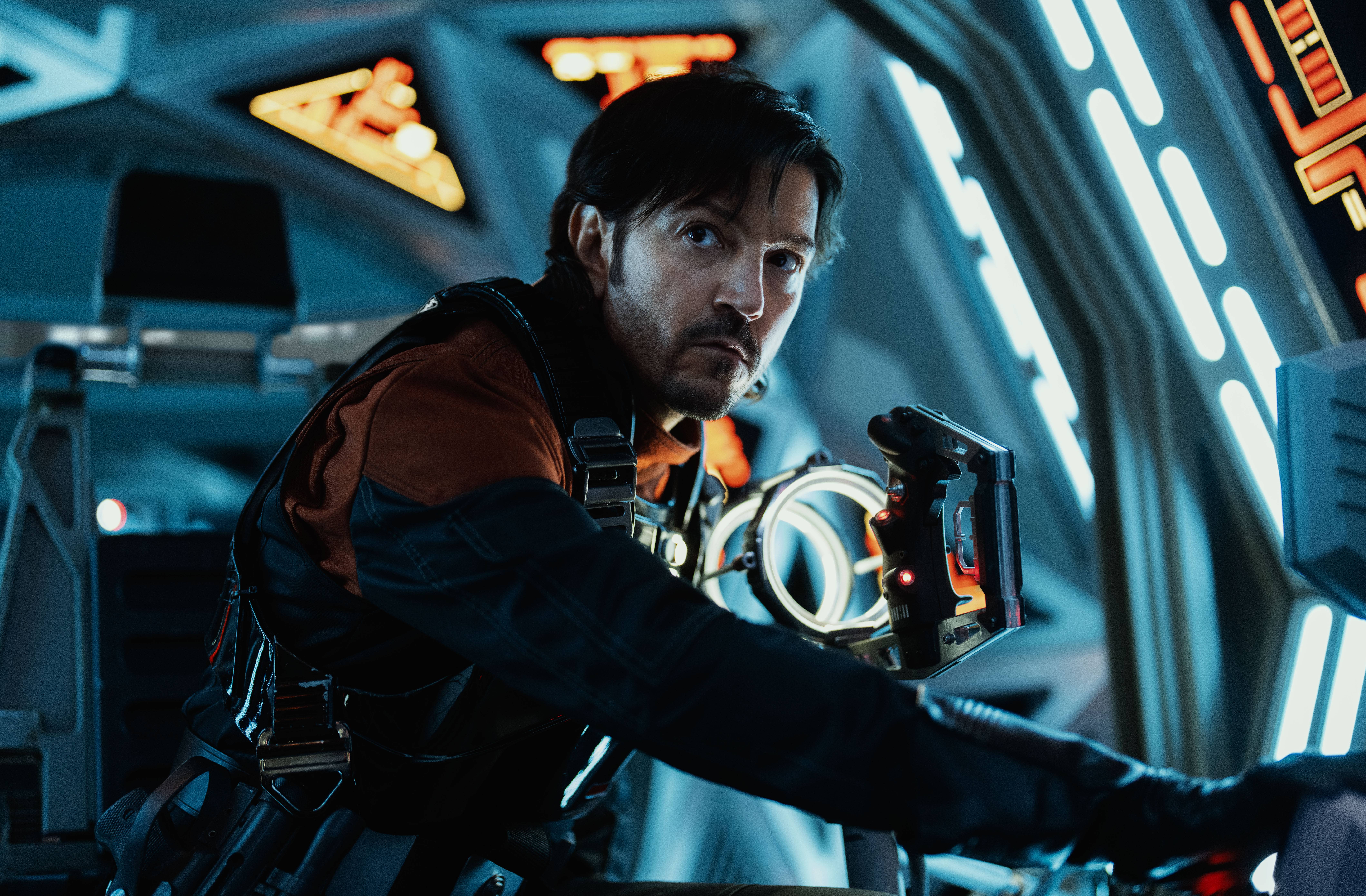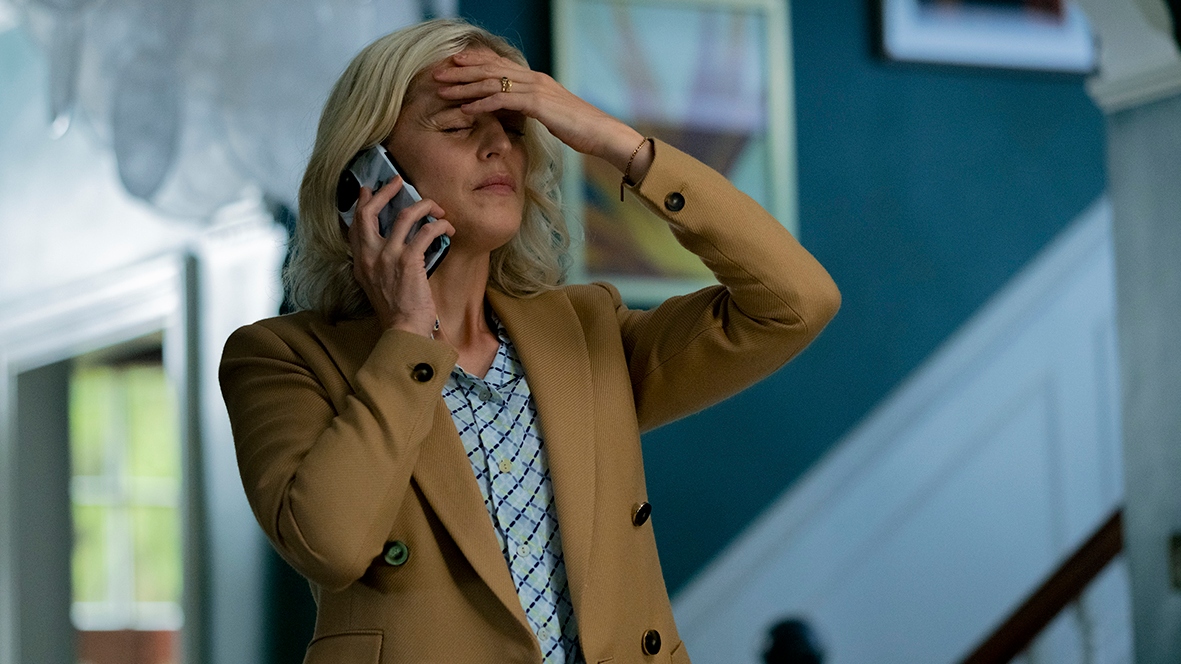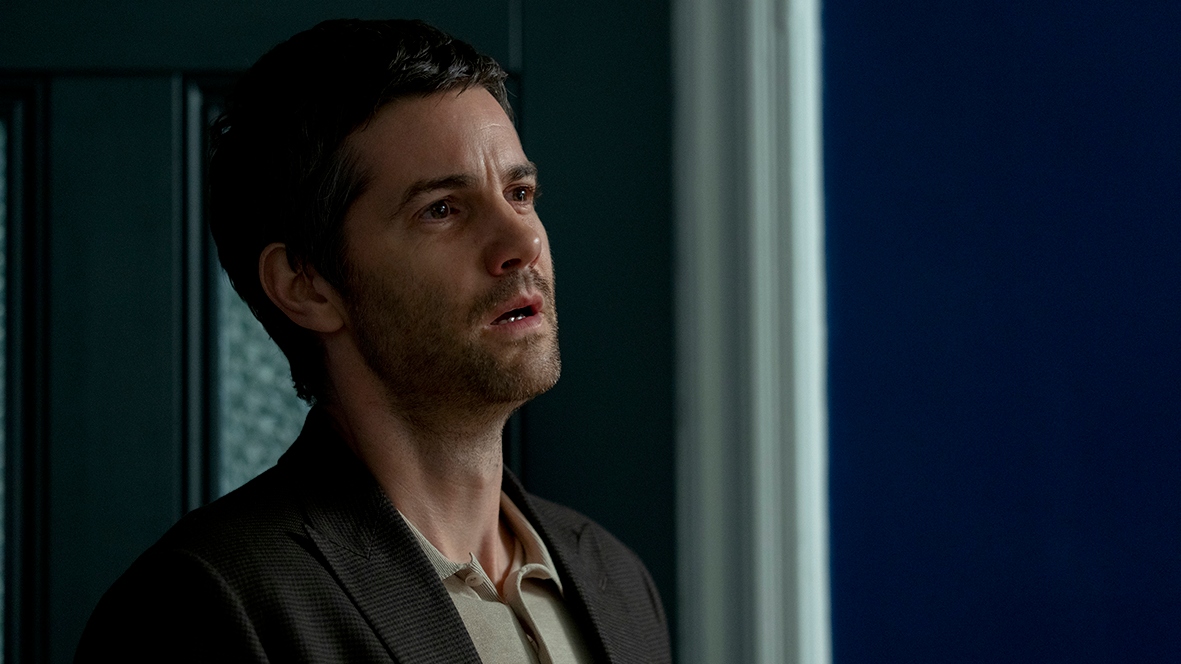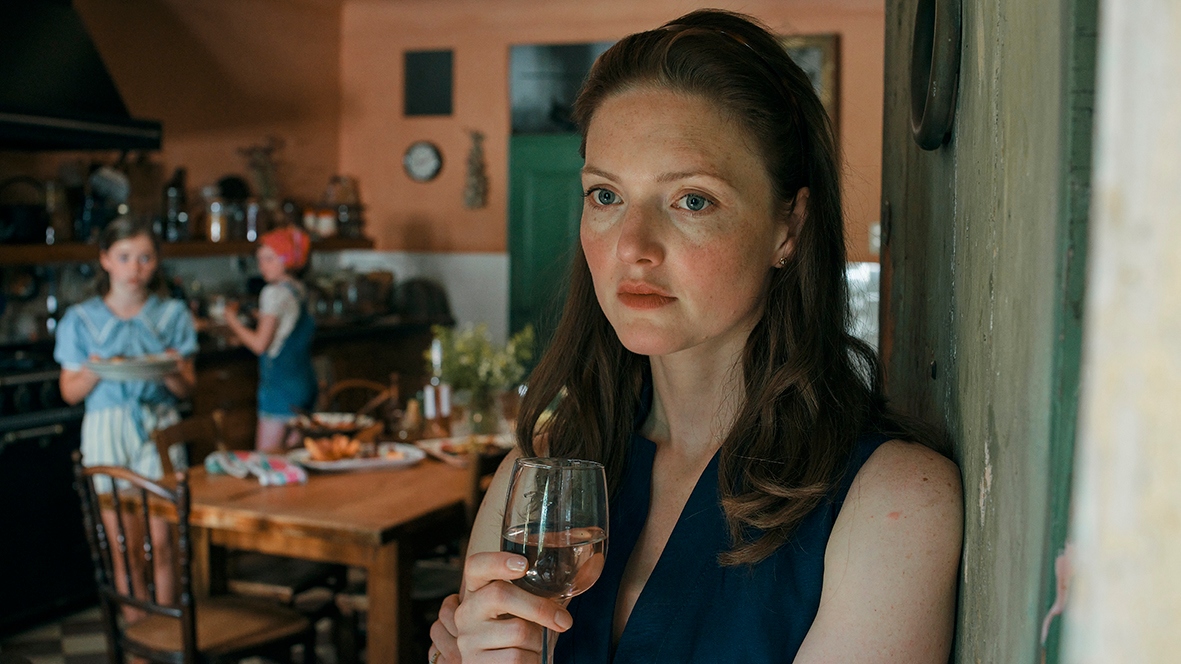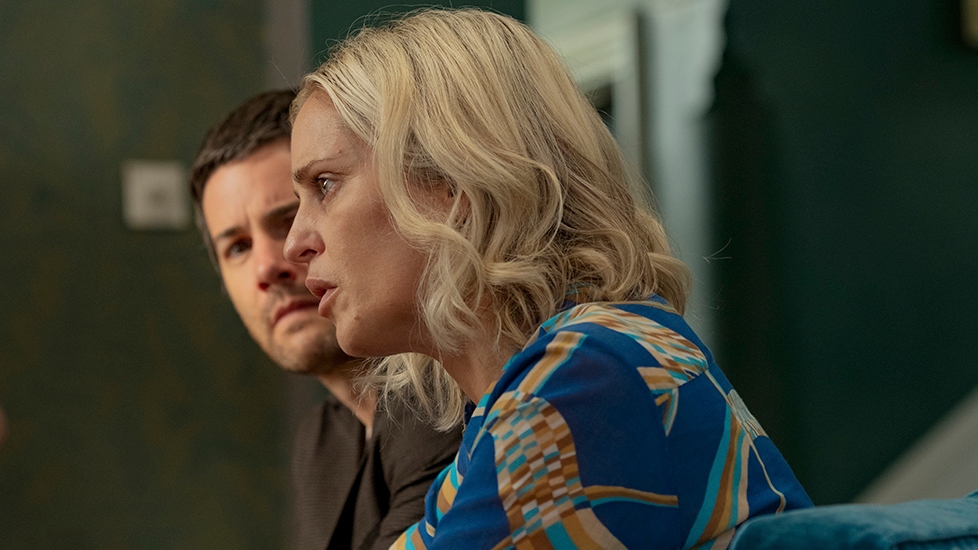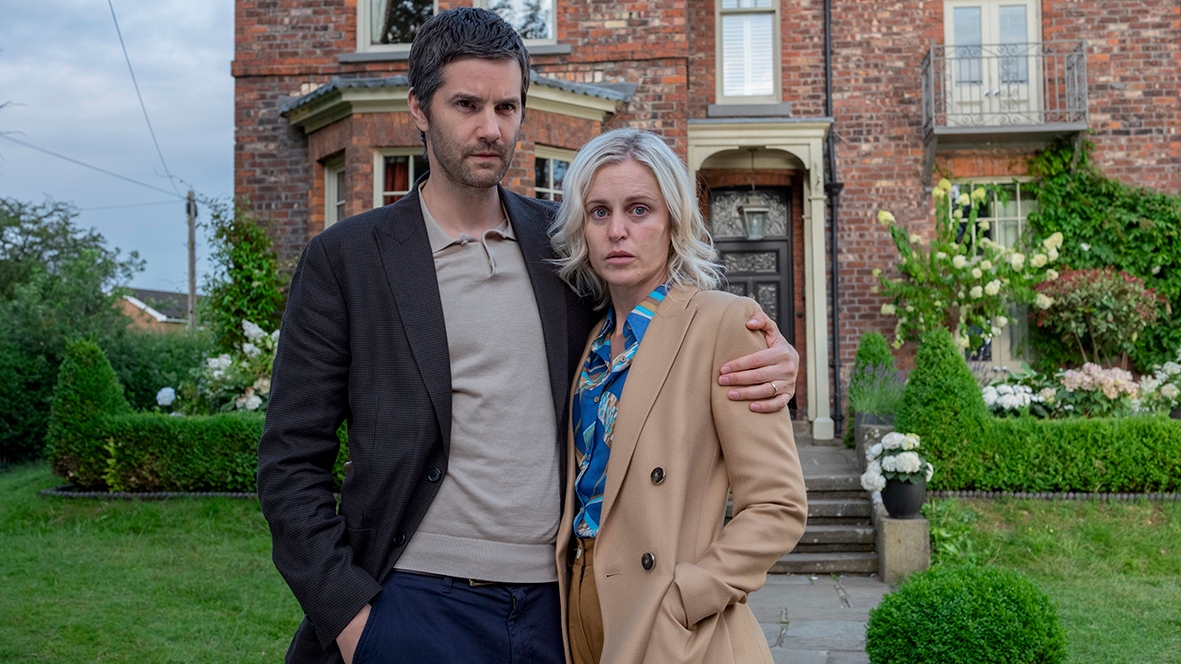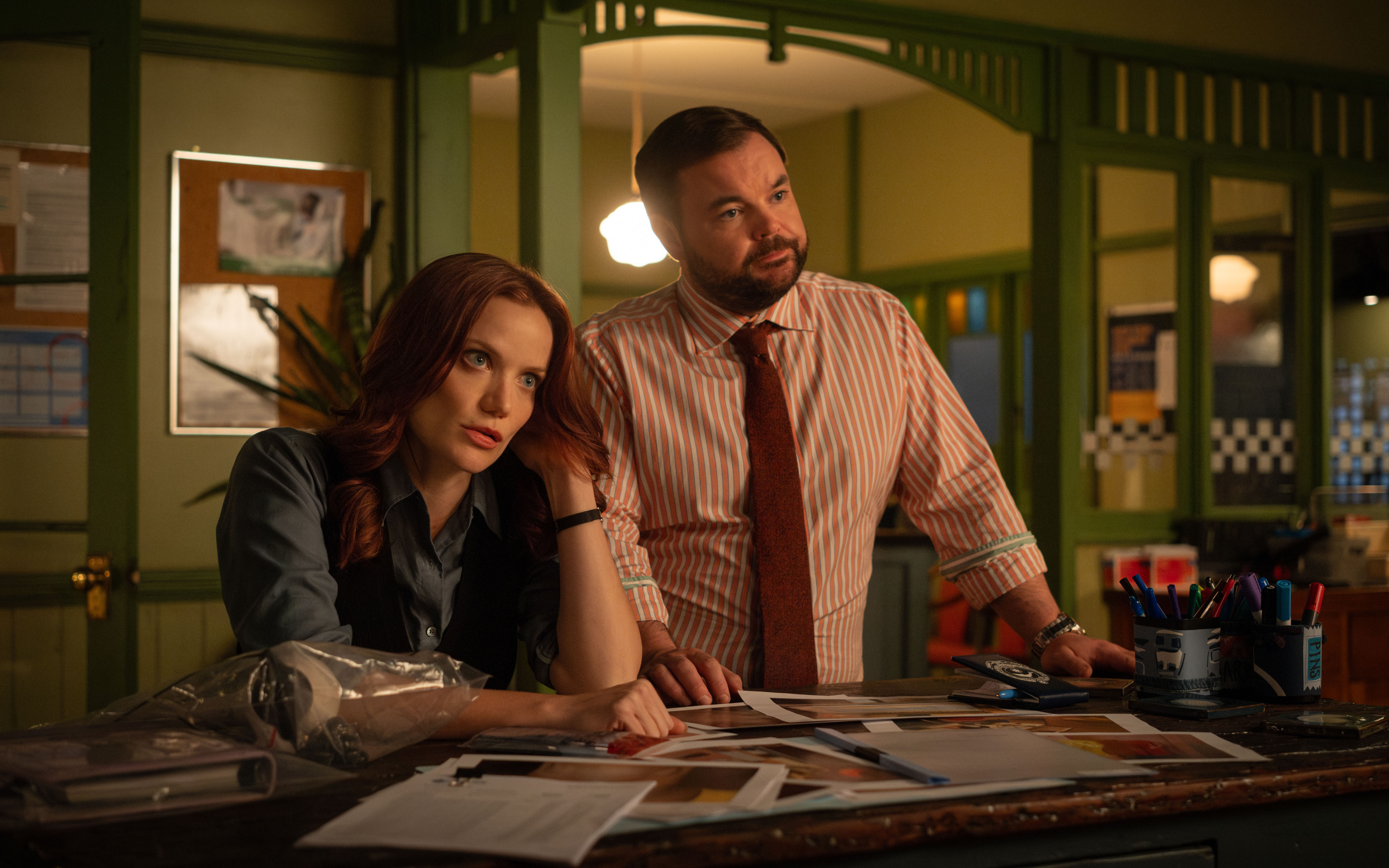How the 'Alien' RPG Reignited My Love of the Franchise
In space, no one can hear you roll.
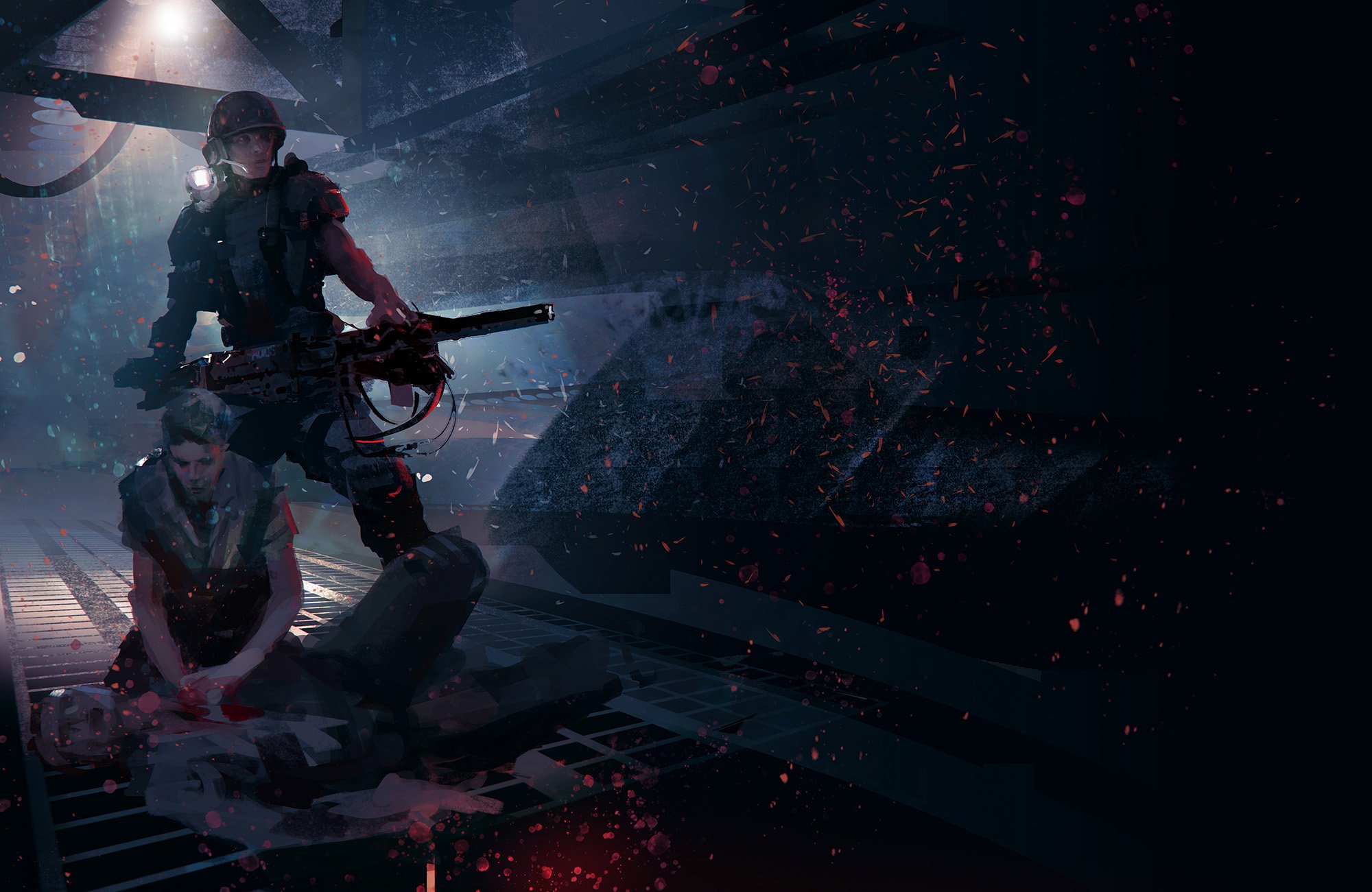
How many people can say they were fans of a movie franchise without watching any of the films? Long before I watched any of the original Alien movies, I was a little kid creating stories in a universe barely understood. Thanks to a robust collection of Kenner action figures and a cassette tape of James Horner’s Aliens score, my brother and I spent hours concocting imaginary scenarios for Corporal Dwayne Hicks and his group of survivors. Now, years later, I’ve found myself reigniting my interest in the films thanks to a similar experience with the Alien RPG.
Unlike Star Wars or Star Trek, the Alien franchise never really worked towards narrative cohesion. Each of the films – up to and including Jean-Pierre Jeunet’s Alien Resurrection – served as a showcase for its director’s unique aesthetic, frequently taking enormous liberties with the previous movie’s events. Books and graphic novels muddied the waters further. Whatever agreed-upon canon existed before Ridley Scott’s return to the franchise was obliterated with Prometheus’s release. How can you establish canon when the first-ever novel series features mankind evacuating Earth amidst a xenomorph invasion?
This is where the Alien RPG comes in. Not only did Free League Publishing do its best to synthesize the most important points of the Alien universe – leaving the door open for gameplay as varied as the films themselves – they also built out a suggested canon. In their rulebook, Free League includes a robust reading list of secondary materials. These titles run the gamut from novelizations to comics even to a fictitious collection of corporate research that attempts to stitch together the events of both the sequels and the prequels.
More than anything, the rulebook codifies capitalist exploitation as the central theme of the Alien franchise. Space is home to countless corporations, each of whom would gladly trade the lives of an entire colony for a bump to their bottom line. “It’s working-class sci-fi, where your sympathies are meant to be given to the little people,” the rulebook notes. “In the end, humans are often the biggest monsters.” Because of this, the book explicitly directs the GM (Game Mother) to use xenomorphs as sparingly as possible. Unless you are playing in Cinematic Mode – a one-shot version of the game specifically designed to recreate the Aliens experience – you may go entire sessions without seeing a single xenomorph.
Rather than disappoint, this restriction creates tremendous opportunities for the players. In our first season, my group started on a half-abandoned research station on the edge of space, where one NPC – and one stubborn player-controlled space marine – accidentally triggered a xenomorph infestation. By the end of the final session, a pair of characters were running for their lives from a hive of xenomorphs, desperately shooting at each other in the hope of slowing the other down. In our second season, our group of prisoners was dropped on an uncharted planet and forced to recover a valuable artifact. Here our little suicide squad did not engage a single xenomorph until the final session, where two xenomorphs were enough to kill one squad member and incapacitate two others.
Unlike bigger and more complicated game systems – here’s looking at you, Dungeons & Dragons – the Alien RPG also balances narrative with mechanics in a deeply satisfying way. To overcome challenges, each character rolls a fistful of dice; for each six that results, the character can accomplish anything from a tricky piece of engineering to a precision rifle burst. The challenge in this comes in the form of “stress dice,” a separate pool of player dice that grows as your situation becomes increasingly dire. Stress dice give you extra opportunities to roll sixes, but each time you roll a one, your character involuntarily panics. Nothing feels more thematically appropriate than a hardened space marine dropping his gun in fear in a key moment as your group of scientists scrambles for cover.
Get the What to Watch Newsletter
The latest updates, reviews and unmissable series to watch and more!
Like all RPGs, Alien’s narrative hinges on any one of a thousand character decisions, but this element of collaborative storytelling is especially rewarding in this game. Are you a bigger fan of James Cameron’s action-hybrid than Ridley Scott’s claustrophobic horror? Your trigger-happy approach to in-game challenges is a dead giveaway that you’re itching for a firefight. Prefer to sneak around and quarantine an alien in one corner of the ship? Your GM will quickly pick up on your David Fincher vibe and transform the RPG into a harrowing game of cat and mouse.
In either scenario, death is both sudden and permanent. In our group’s first campaign, my character died when a xenomorph shattered his skull with his inner jaw. Granted, he had a little help. Two of the players were roleplaying as malevolent androids searching for alien specimens; this resulted in the kindly Dr. Haymer Olsen being nail gunned to the floor to prevent him from fleeing the room. And in our second season, my attempt to flip the script and play a murdering psychopath once again ended with an emphatic crunch. Thankfully, the system allows players to reintroduce new characters at the drop of a hat, but watching a beloved character get murdered as your team survives unscathed will quickly limit your desire to stick your neck out the next time around.
Ultimately, the Alien RPG is a welcome reminder that the franchise is more than just monsters and machine guns. In the hands of a good Game Mother – and ours was the best – your campaign can pick among the best elements of page and screen. You can have the claustrophobic horror beats of the first and third films or the soulless capitalism of James Cameron’s sequel. You can include the escalating creature designs and oddball character beats of the fourth film. The same breadth of ideas that causes the films to feel somewhat incoherent frees you up to tell the exact version of Alien you wish to see on the page.
Perhaps that’s part of the reason I love this system so much. As a kid, I used my Aliens action figures to make the unfamiliar familiar - as an adult, I use the tabletop game to reintroduce a dash of wonder into a universe that I thought had overstayed its welcome. There’s a wonderful sense of symmetry there, especially when it turns out that your favorite franchise and your favorite sandbox have always been the same.
Matthew Monagle is an Austin-based film and culture critic. His work has appeared in a true hodgepodge of regional and national film publications. He is also the editor and co-founder of Certified Forgotten, an independent horror publication.

